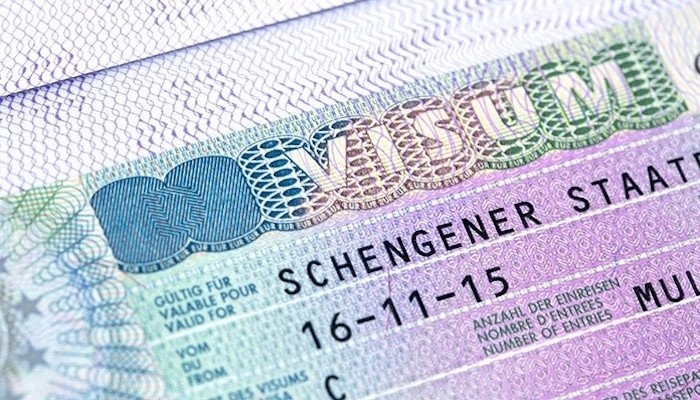Some 50,000 Turkish students planning to study abroad faced major problems last year due to long delays and bureaucratic hurdles in obtaining Schengen visas, which prevented them from pursuing their overseas studies, according to a leading education consultant.
Osman Yılmaz, president of the Association of Overseas Education Consultants (YEDAB), told the Karar daily that around 50,000 students encountered visa-related problems in 2024, even though many had secured admission to European universities through Erasmus programs or regular undergraduate and graduate placements.
“This year, 100,000 students in Turkey qualified to study abroad. But last year, 50,000 were left waiting at the door,” Yılmaz said, blaming ongoing visa issues that began during the COVID-19 pandemic and have worsened over time.
He identified Germany and Italy as the most difficult countries for Turkish students to access, with 17,000 visa applicants affected in Germany and around 6,700 in Italy this year. Some students, he added, have been waiting for German visas for more than a year.
In one example, Yılmaz pointed to western Turkey’s İzmir province, where only three employees are handling applications at the Italian visa center, despite receiving applications from around 7,000 students. He described a student who was given an appointment on July 1, a date too soon to complete the required paperwork, and said the student spent over an hour trying to reschedule the appointment by phone, only for the call to be cut off at 5 p.m.
Yılmaz called on Turkey’s foreign ministry to intervene and urged foreign officials to address staffing shortages at foreign consulates, prioritize student visa applications and expand the operations of visa processing agencies.
The student visa delays are part of a broader trend of frustration among Turkish citizens, including businesspeople, artists and athletes, who also report difficulty in obtaining Schengen visas. Turkish media have extensively covered the issue in recent years, citing long wait times, high rejection rates and increased bureaucracy.
In response the European Union has rejected claims that its member states are intentionally making the visa process more difficult. EU officials say consulates are now handling more applications than before the pandemic and that reports of extremely high costs or blanket rejections are misleading.
The standard Schengen visa fee was increased to €90 from €80 in June 2024. Reduced fees apply to certain categories, such as students and researchers.
According to EU data, nearly 200,000 Turkish applicants were denied visas in 2023, with an overall rejection rate of 16.1 percent.
The Turkish government has repeatedly urged the EU to ease restrictions and revive long-stalled visa liberalization talks, which would grant Turkish citizens visa-free access to the Schengen zone. The EU, for its part, says it is working to improve transparency and reduce delays but that the core application process and security requirements remain in place.

